US nuclear-powered submarine arrives at South Korean port day after joint South Korea-US drills
A nuclear-powered US Navy submarine has arrived in the South Korean port city of Busan, a day after the two countries held joint military drills in the Korean peninsula.
This is the first time in nearly six years that a submarine classified as "SSGN", or a cruise-missile submarine, has stopped off in a port in South Korea.
In a statement on Friday, the US Joint Chiefs of Staff (JCS) announced that by calling the submarine to the port, Seoul, and Washington intend to “test their special warfare capabilities and interoperability" to respond to what they call "the growing threats” from North Korea through joint warfare exercises.
According to the JCS, the 18,000-ton submarine is about 170 meters long and can be armed with 150 Tomahawk missiles with a range of 2,500 kilometers (1,553 miles).
Back in April, South Korean President Yoon Suk Yeol and US President Joe Biden agreed in Washington to "further enhance the regular visibility of strategic assets" on the Korean Peninsula.
It comes after South Korean and US troops held joint live-fire exercises in the region on Thursday. A total of 2,500 troops took part in the maneuvers in Pocheon, northeast of Seoul.
Pyongyang considers all of the US-South Korean drills a rehearsal for invasion, describing them as "frantic" drills "simulating an all-out war against Pyongyang."
North Korea released a statement on Thursday, saying the exercises were “targeting the DPRK (North Korea) by massively mobilizing various types of offensive weapons and equipment.”
“Our response to this is inevitable,” said the statement, carried by the official Korean Central News Agency.
It said the drills were “escalating the military tension in the region.”
Meanwhile, North Korea launched two short-range ballistic missiles. The US Treasury said it had imposed sanctions on two North Korean nationals, accusing them of being involved in the procurement of equipment and materials for the country's ballistic missile program.
Relations between the two Koreas are at an all-time low, with diplomacy at a standstill. Seoul and Washington have vowed that Pyongyang would face a nuclear response and "the end" of the current government in North Korea if it used its nuclear weapons against its allies.
North Korea, which has been under harsh sanctions by the United States and the United Nations Security Council for years over its nuclear and ballistic-missile programs, launched an unprecedented number of missiles in 2022, including its most advanced intercontinental ballistic missile ever.
Over 28,500 American troops are based in South Korea as a legacy of the 1950-1953 Korean War, which concluded in an armistice rather than a peace treaty, meaning that the two neighbors are still technically at war.
Rubio warns US envoys against undermining Trump’s pressure campaign targeting Iran: Report
Iran, Qatar stress continuation of diplomacy towards preserving regional peace, stability
Majority of Americans support Palestinian state as Israel backing declines sharply: Poll
New Israeli strikes kill more Palestinians across Gaza in 'serious violation' of ceasefire
Maliki urges respect for Iraq's sovereignty in meeting with Trump's special envoy
Iran urges restraint, immediate ceasefire as Afghanistan–Pakistan fighting escalates
VIDEO | Press TV's news headlines
VIDEO | Kabul residents call for calm as tensions escalate with Pakistan


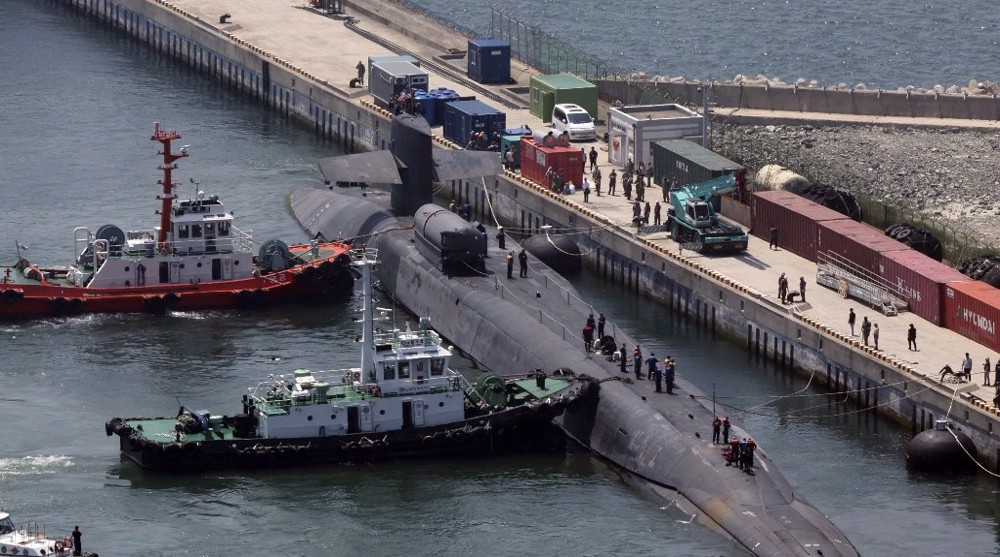
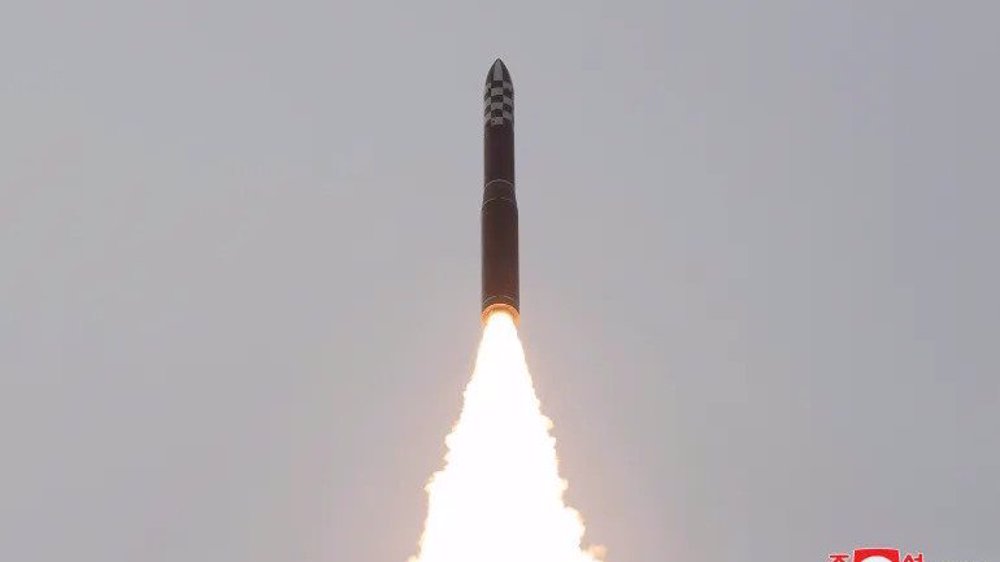

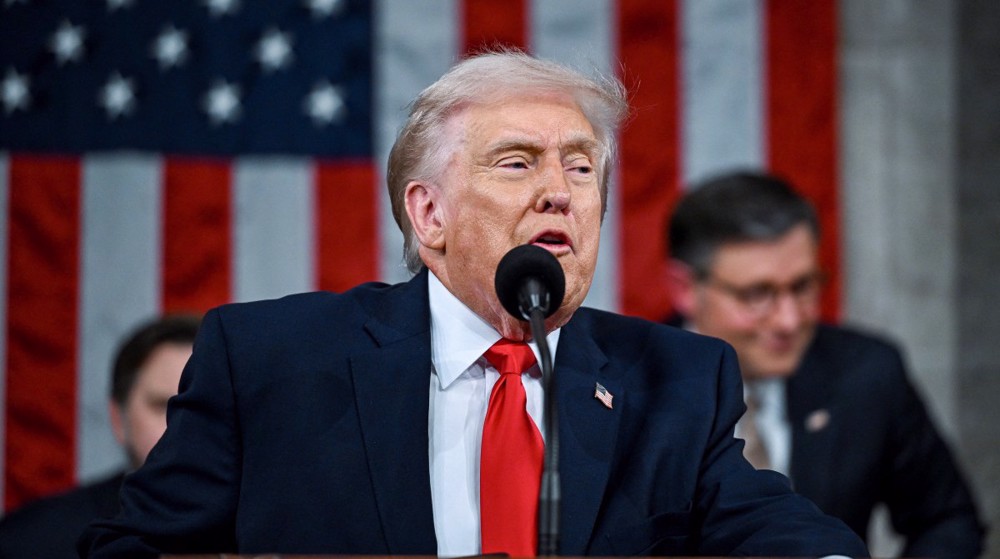




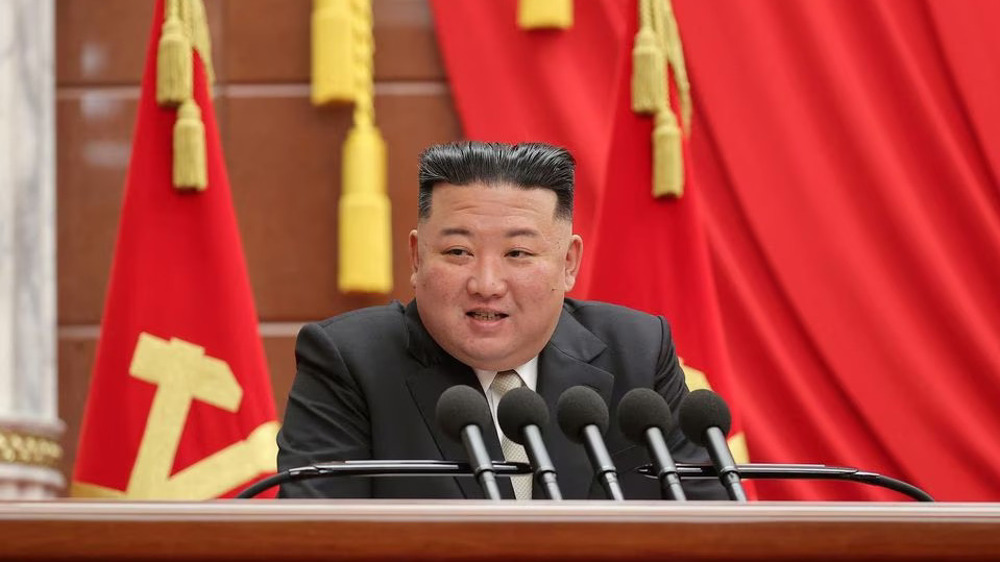

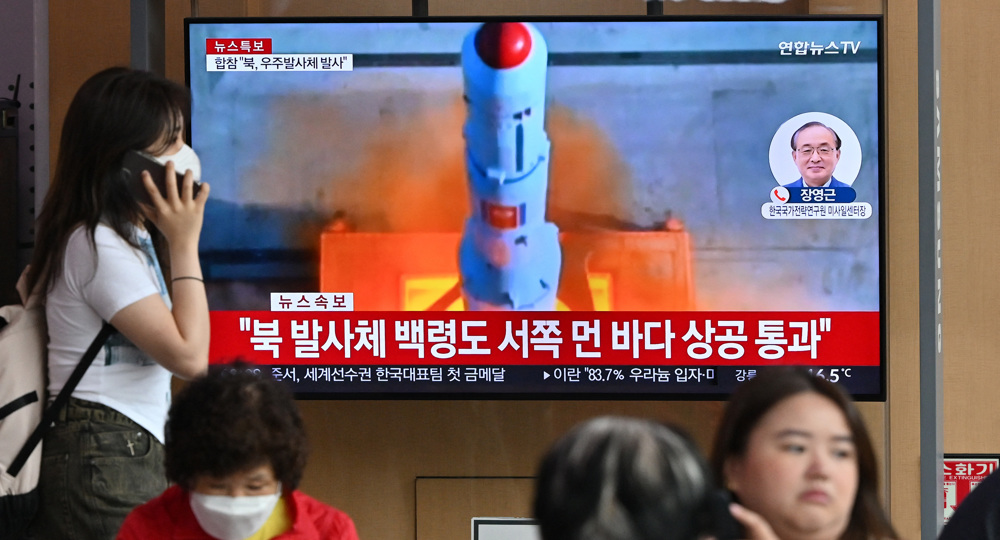
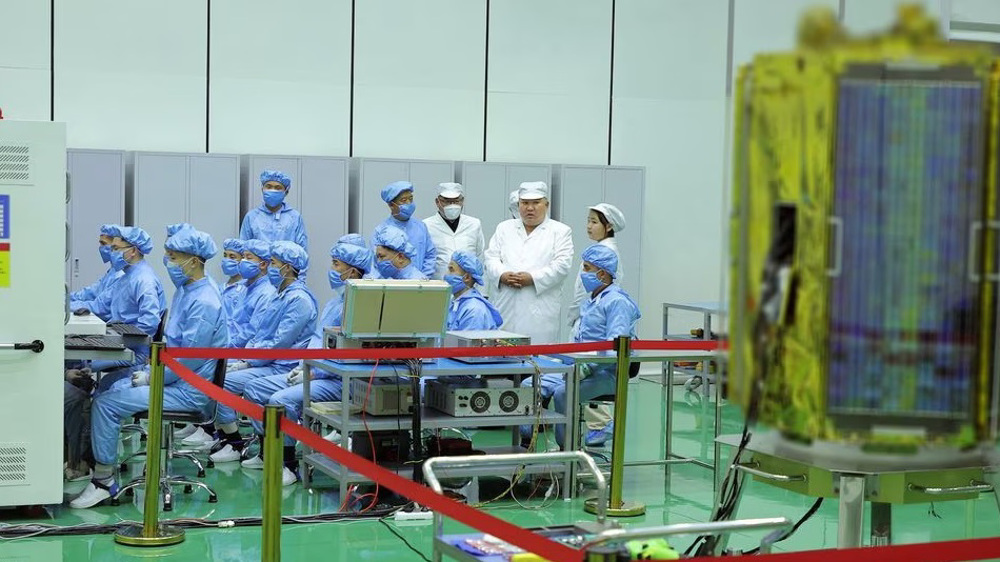
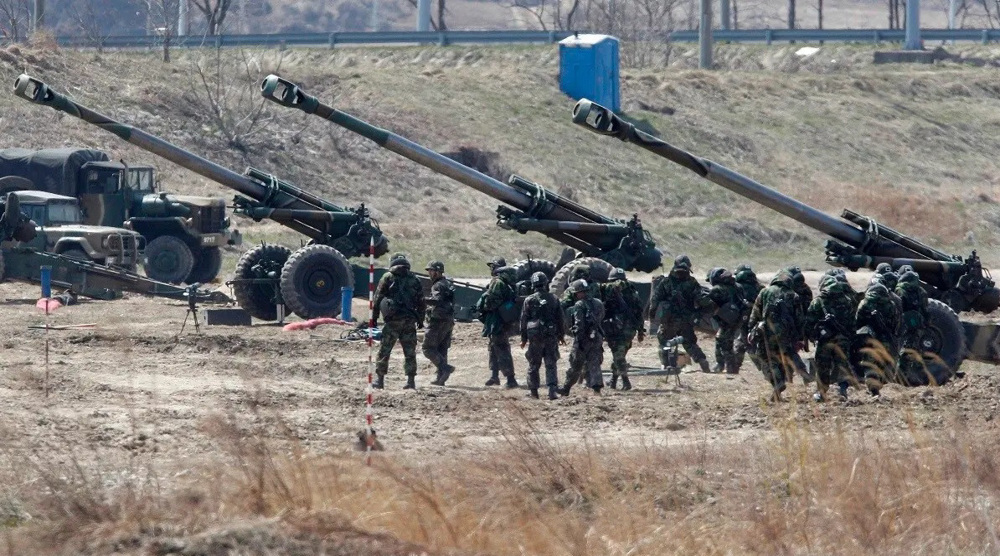

 This makes it easy to access the Press TV website
This makes it easy to access the Press TV website